Feeding your Brain Article for Curve magazine
Is there anything that I can safely put in my mouth to protect and enhance my amazing brain?
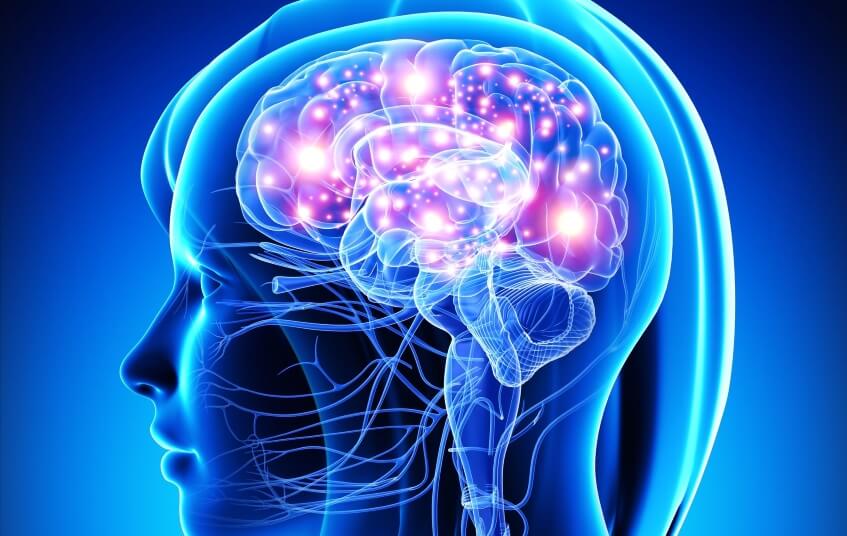
Share
'The Curve' is a magazine for leaders in learning owned by SABA, the industry-leading provider of innovative talent management solutions. The editor of Curve asked me to write an article about brain food, so I did some research on CheckYourFood.com and came up with some interesting and delicious foods that contribute to brain function and health.
The Article:
The Article:
The theoretical physicist Michio Kaku has stated that the human brain has 100 billion neurons, each of which is connected to 10 thousand others, making your brain the most complicated object in the known universe – which might just explain why the internet is awash with a plethora of brain-health supplements making any number of brain-health claims.
A quick internet search immediately throws up 10 or more ‘supplements to help improve cognition and brain health’ on Amazon.co.uk and over 30 ‘brain and memory support’ products from the health food chain Holland & Barrett – and the offerings go on and on and on and on …
Combine this with the amount of misleading and often contradictory information about nutrition on the web, and I am left wondering if there is anything that I can safely put in my mouth on a daily basis to protect and enhance my amazing and clearly very complicated brain.
To avoid a solution that may be drenched in hearsay – and packaged in expensive-pill form – I turn to the peer-reviewed research into the chemistry and biology of food and adopt the approach taken by Dr Mark Hyman, founder and medical director of the UltraWellness Center, who has stated that, far from just being a source of energy or calories, food is actually information that contains instructions that affect and control every biological
function of our bodies.
So are there foods that contain what our brains need to function
at their peak?
at their peak?
YES!
Here is a list of the top foods that contain the information and instructions that, according to the latest peer-reviewed studies, our brains need.
BABY SPINACH
Baby spinach is a good source of folate (vitamin B9), which is essential for normal brain function and
protects our brains from degeneration. Our absorption of folate is enhanced by vitamin C, so mix baby spinach
with vitamin C-rich red peppers for a great brain tonic.
Baby spinach is a good source of folate (vitamin B9), which is essential for normal brain function and
protects our brains from degeneration. Our absorption of folate is enhanced by vitamin C, so mix baby spinach
with vitamin C-rich red peppers for a great brain tonic.
LAMB CHOPS
Lamb chops are not perhaps an ingredient often associated with health benefits, but lamb is a great source of the essential amino acid phenylalanine. Phenylalanine is used by our brains to create a chemical called norepinephrine. This keeps us awake and alert and also acts as an antidepressant and painkiller. Good vegetarian and vegan sources of phenylalanine are pea protein and soya products
NB For phenylalanine to work properly, we also need good supplies of iron, niacin, vitamin B6, copper and vitamin C, so combine lamb or soya with a glass of orange juice and you’ll be well on the way to another brain tonic.
OYSTERS
Being a foodie, oysters come high up on my list of luxuries.They have the highest concentration of zinc, a mineral essential for brain function, of any foodstuff – a single oyster will provide over 100% of your daily needs – and
they are also a valuable source of omega-3 fatty acids.
Good vegetarian and vegan sources of zinc are wheatgerm, Quorn, buckwheat and wholemeal pasta. Zinc contributes to cognitive function – which includes perception, thinking, memory, learning and attention – so oysters and buckwheat may be the very best in brain foods!
OILY FISH
Oily fish contain a type of omega-3 fatty acid (DHA), which has been shown to have an indispensable role in the
information processing system in our brains and spinal cords, and the consensus is that DHA from dietary sources
slows cognitive decline.
SEEDS AND NUTS
For vegetarians and vegans, another type of omega-3 fatty acid (ALA) that our bodies can covert to DHA is also present in good amounts in flax seeds, chia seeds (hence the superfood tag that these carry) and walnuts.
AND THE ULTIMATE BRAIN-FOOD MENU?
Oysters to start followed by lamb chops on a bed of baby spinach. (Vegetarian and vegan options are
also available!)
Matt Wright is the author of The Genius of Ordinary Food:
And the Story of Eva the Hungry Amoeba.
Love this? Get blogs and more in your inbox
Subscribe to receive our blogs plus each weeks featured ingredient, recipe and nutrient in your inbox
Thank you for registering

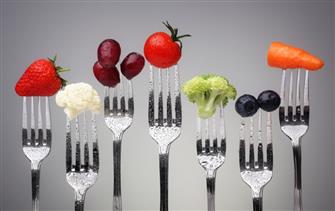 About nutrients
About nutrients
 All nutrients
All nutrients
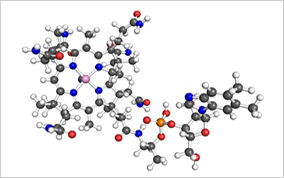 vitamins
vitamins
 minerals
minerals
 phytochemicals
phytochemicals
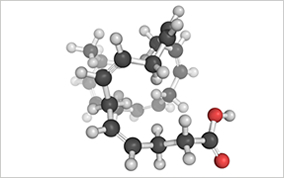 fatty acids
fatty acids
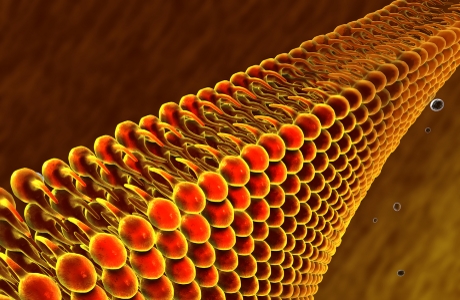 macronutrients
macronutrients
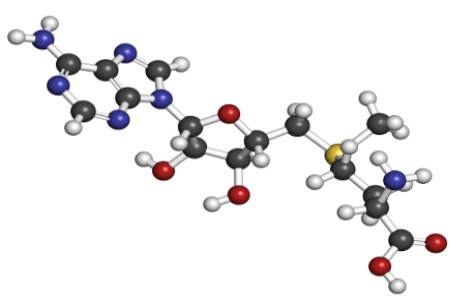 amino acids
amino acids




